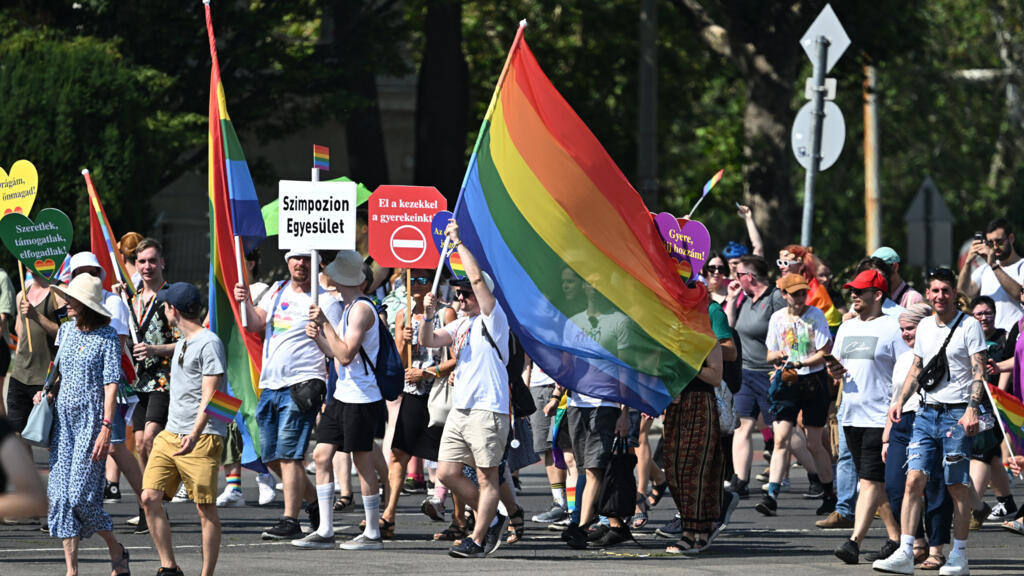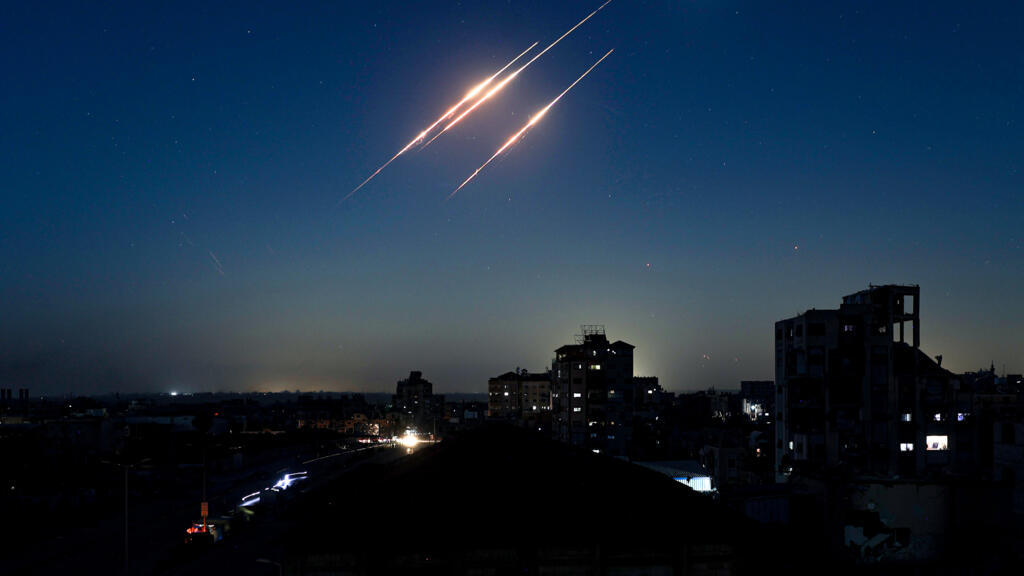Budapest Pride March: Tensions Rise Amid Police Ban
In a bold move, Gergely Karacsony, the liberal Mayor of Budapest, announced that the city’s annual Pride march would take place on June 28, despite a police ban issued just days earlier. The police justified the ban by referencing a controversial Hungarian law that prohibits the promotion of same-sex relationships to individuals under the age of 18. This development has ignited a fierce debate over LGBTQ+ rights in Hungary.
The Budapest Pride march is a significant event for the LGBTQ+ community, drawing attention not only locally but also internationally. It has become a platform for advocating equality and raising awareness about the challenges faced by LGBTQ+ individuals in Hungary. However, the recent police intervention has raised concerns regarding the freedom of assembly and expression in the country, as well as the implications of the law being invoked.
The police's position is based on a law enacted to protect minors from content that could be deemed inappropriate or promoting non-traditional lifestyles. Critics argue that this law effectively silences LGBTQ+ voices and undermines their rights. By prohibiting such events, they contend, the government is stifling important discussions around sexuality, identity, and human rights.
Mayor Karacsony has been a vocal advocate for LGBTQ+ rights, and his commitment to holding the Pride march reflects his administration's stance against discrimination. He emphasized the importance of visibility and representation for the LGBTQ+ community, stating that the march is crucial for asserting their rights and fostering a more inclusive society.
Despite the police ban, Karacsony has urged supporters to participate in the march, framing it as an essential form of peaceful protest against the government's restrictive policies. The announcement has mobilized various civil rights organizations and activists, many of whom are planning to join the march as a statement of solidarity and resistance.
The situation in Hungary regarding LGBTQ+ rights has faced escalating scrutiny, particularly in the context of broader political trends across Europe. What is often seen as a regression in human rights, especially pertaining to sexual orientation and gender identity, has sparked an outcry both within the nation and from international human rights groups. Activists are now rallying support and urging the government to reconsider its position on the matter.
As the day of the march approaches, tensions are expected to rise. Many are concerned about potential clashes between participants and law enforcement, particularly given the police's explicit stance on the event. Previous Pride marches in Hungary have already encountered significant opposition, with instances of counter-protests and hostility towards participants.
The outcome of this situation could have lasting implications for the LGBTQ+ community in Hungary. Should the march go ahead, it may serve as a pivotal moment in the country’s struggle for equality and recognition. Conversely, if the authorities maintain their stance, it could exacerbate divisions and lead to ongoing protests against the government’s policies.
In conclusion, the upcoming Budapest Pride march stands at a crossroads of human rights, civic freedom, and societal values. As the city prepares for June 28, eyes will be on both the participants and law enforcement to see how this critical issue unfolds in Hungary's increasingly polarized environment.












